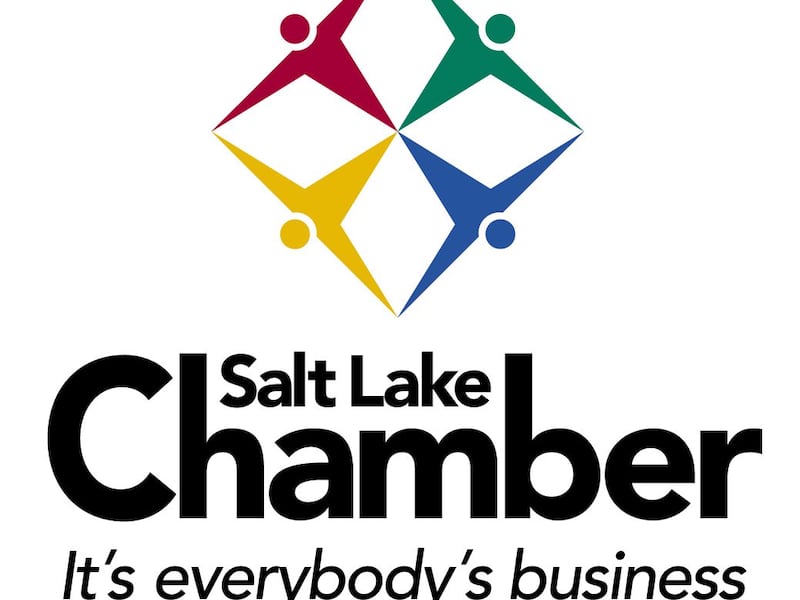SALT LAKE CITY — A group of Utah business advocates are banding together to help pull the state out of the economic doldrums brought on by the COVID-19 pandemic.
Led by the Salt Lake Chamber, nine local chambers of commerce are uniting to form the Utah Chamber Policy Coalition, “a statewide coalition to advocate for unified policy interests and policies that will promote business success, jobs, opportunity and prosperity.”
Derek Miller, president and CEO of the Salt Lake Chamber and Downtown Alliance, noted that as the state endures what has been a historically challenging time economically, establishing the coalition will allow business voices from across the state to be heard in a way that can benefit all Utahns.
“I thought this would be an opportunity not to create a statewide chamber per se, but at least to form a coalition of all the chambers who would like to participate and say where there are policy issues that are common to all of us, let’s go speak as a unified and a united voice,” he said. “What made it more timely was just the fact that we’re, of course, not just in the midst of a health care crisis, but we’re in the midst of an economic crisis.”
He said the coalition will work closely with state, local, and federal leaders to collaborate on policy matters related to the economy including, education, the environment, housing, regulation, taxation and transportation.
“One of the most important things we have learned through the pandemic and ensuing economic crisis is that we are better together,” Miller said.
According to leaders of the coalition member organizations, the timing of the announcement could not be more appropriate and important than it is now, as Utah works to rebound from the effects of coronavirus.
“Utah’s economy has been the envy of the nation. The pandemic has been a setback, though we are better off than other states and have a firm foundation on which to bounce back,” said St. George Area Chamber President Don Willie. “The Utah Chamber Policy Coalition will be essential to that process, allowing us to innovate together, speak with clarity and authority on areas of mutual interest and make decisions over the next few months that will strengthen our state for years to come.”
Among the founding members of the coalition are the Cache Valley Chamber of Commerce, Cedar City Chamber of Commerce, Davis Chamber of Commerce, Kanab Area Chamber of Commerce, Point of the Mountain Chamber, Salt Lake Chamber, St. George Area Chamber of Commerce, Utah Black Chamber and the Utah Hispanic Chamber of Commerce.
While the coalition will work to support areas of common interest among all members, each chamber will also preserve its own independent voice regarding matters unique to their local area, a news release stated.
“We expect that there will be much to unite us and that on those issues our voice will resonate with government, business and community leaders,” said Aaron Quarnberg, Utah Hispanic Chamber of Commerce board chairman.
Miller said one of the things that has risen to the top of mind for every member of the coalition is how will the state Legislature use the Coronavirus Aid, Relief and Economic Security Act funding that was received from the federal government.
“We talk about expanding the state’s broadband capability. Never in our state’s history have more people been working from home, which makes the need to have high-speed internet service available statewide,” he said. “That’s an investment in infrastructure that the state could make, particularly to the Wasatch Front. (Also) being able to expand our public transit, making investment in that way.”
The third area he mentioned was providing support for industries that were especially hard hit by the economic shutdown, such as hospitality and tourism.
“That’s a statewide issue, and especially when you think about tourism. In some of our rural communities, it’s their bread and butter,” Miller said. “So it’s not just that a restaurant has been hurt or that a hotel has been hurt, it’s where a whole community has been hurt because that is their economy.”


